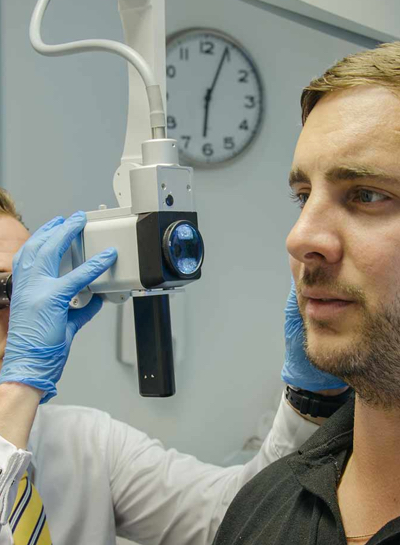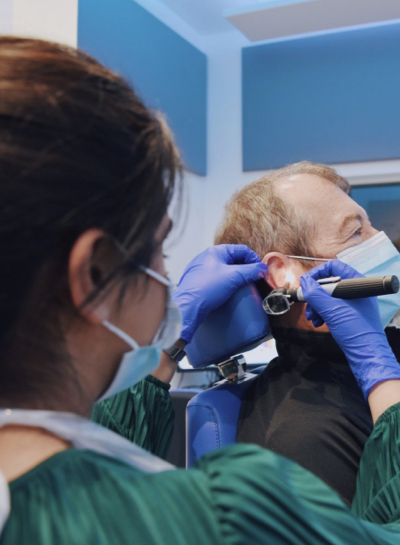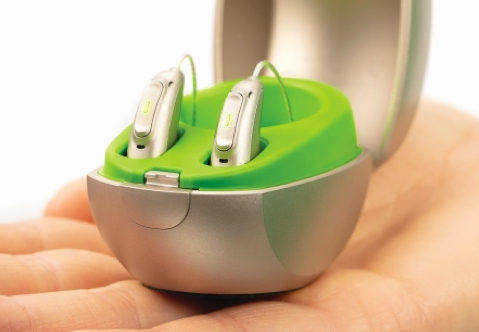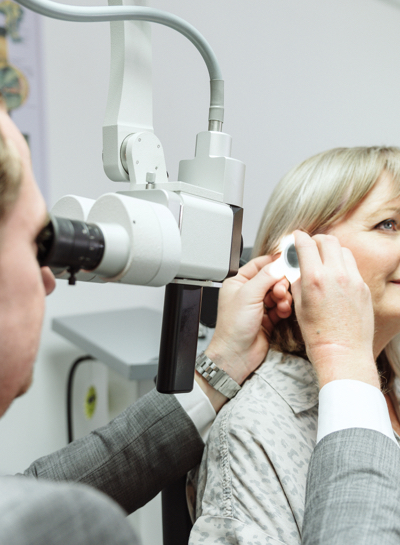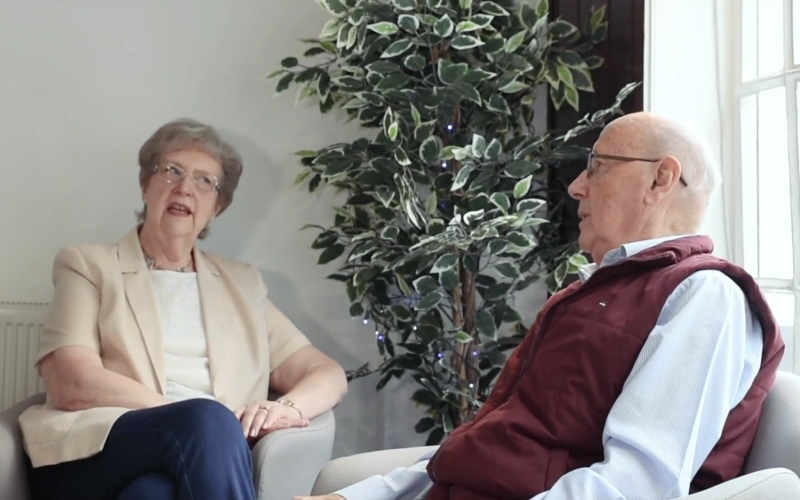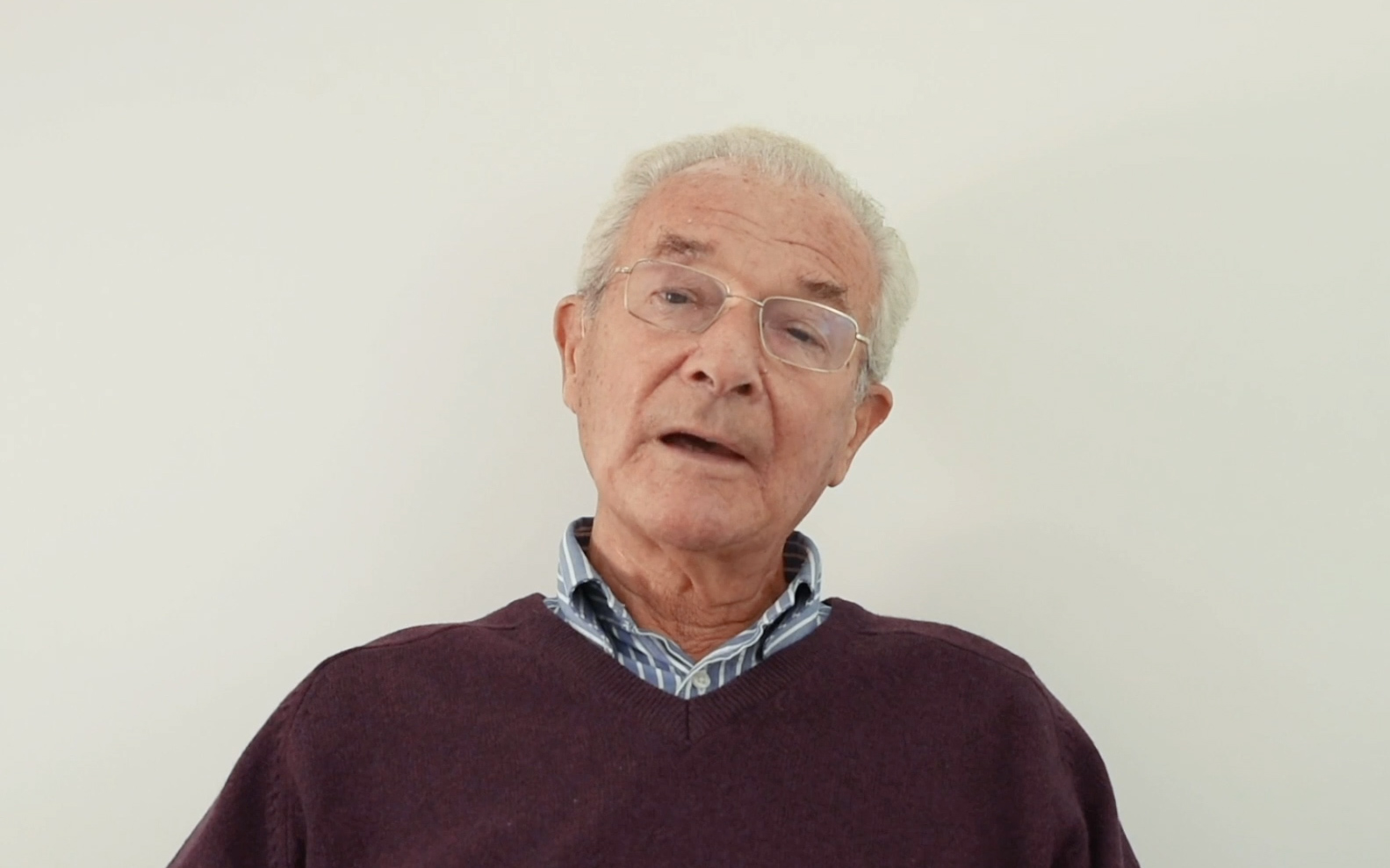The link between tinnitus and hearing loss
2 Min read
26th Sep 2019
The link between tinnitus and hearing loss
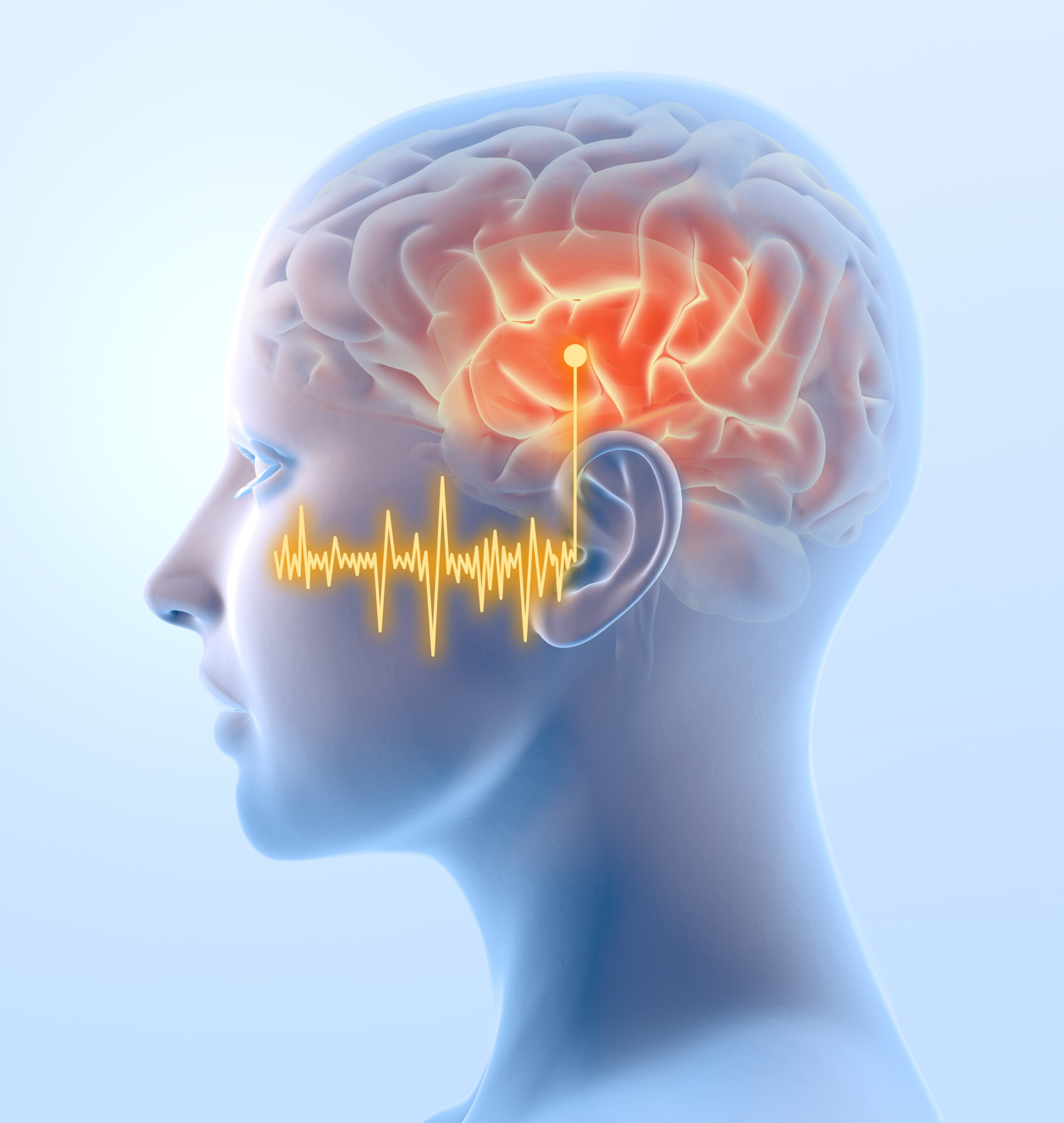
Medical research in the past few years has shown that those who have tinnitus also have some form of hearing loss.
A hearing loss can come in many different forms and in a range of different frequencies. For some, this hearing loss can be small or only affect a narrow band of frequencies as the result of a minor injury to the inner ear so that it does not result in hearing loss apart from the tinnitus or ringing ears experienced.
This could mean a hearing loss which cannot be measured by conventional hearing tests. In these instances, it is called a hidden hearing loss. A typical sign of hidden hearing loss is when it is difficult to hear because of background noise.
Absent audiological input
Medical research carried out in the past few years indicates that tinnitus is caused by absent or reduced nerve activity in the nerves which connect the damaged part of the inner ear to the central nervous system in the brain. This then leads to increased nerve activity as the signals travel to the hearing centre of the brain. When this increased activity reaches the hearing centre of the brain, a sound is heard even though the ear is not picking up any sound from its surroundings. This is called tinnitus.
Acoustic overexposure can both damage the hair cells in the inner ear as well as the nerves which send signals from the inner ear to the brain. Acoustic overexposure can result in noise-induced hearing loss.
The hair cells and the nerves can also be damaged by other things such as otoxic drugs and this can then lead to tinnitus.
Spontaneous signals in the brain
According to medical research, it is the absent audiological input from the inner ear to the brain which causes the hearing nerves between the inner ear and the brain to spontaneously send signals to the brain which are interpreted as sound – and this is tinnitus.
In most animal tests in which the animal had a hearing loss, the animals had tinnitus. Other tests have shown that humans with reduced audiological input are more likely to hear phantom sounds.
Other studies have however shown that treatment for hearing loss and with this the increase in audiological input – for example through digital hearing aids or operations – can reduce tinnitus or at least the tinnitus experienced. This can be because other audiological input wholly or partially “hides” the tinnitus. It can however also be because the spontaneous signals in the nerves are reduced.
Everyone with tinnitus therefore has some form of hearing loss. On the other hand, not everybody with a hearing loss also has tinnitus. The key thing for anyone with tinnitus to understand is that there are tinnitus treatment options.
If you have been struggling with tinnitus, you can book your full hearing assessment by contacting your nearest hearing centre
Worcester:
01905 617803
worcester@wshearing.co.uk
Stratford:
01789 264111
stratford@wshearing.co.uk
Source: https://www.hear-it.org/Close-relationship-between-Tinnitus-and-Hearing-loss

Tom Dixon Director of Audiology
Share this article
Your Journey To Better Hearing
Related Articles
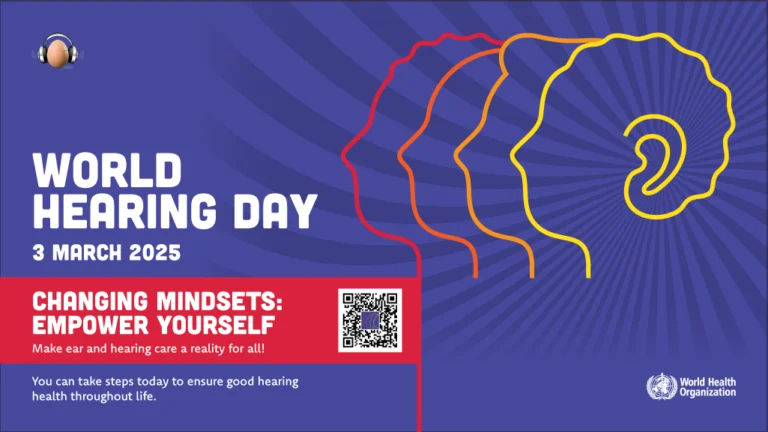
World Hearing Day 2025
Every year on March 3rd, World Hearing Day is celebrated to raise awareness about hearing loss and promote ear and hearing care worldwide. At Worcester & Stratford Hearing Centres, we…
2 Min read
3rd Mar 2025

How Hearing Loss Can Affect Relationships
Valentine’s Day is a time to celebrate love and connection, but what happens when hearing loss begins to create barriers in your relationships? Hearing is a crucial part of communication,…
2 Min read
14th Feb 2025

Discover the Life-Changing Benefits of Hearing Aids
Hearing loss can be a challenging and emotional experience, impacting communication, social interactions, and overall well-being. However, hearing aids offer a transformative solution, helping individuals reconnect with their surroundings and…
2 Min read
14th Feb 2025


 Request An Appointment
Request An Appointment
